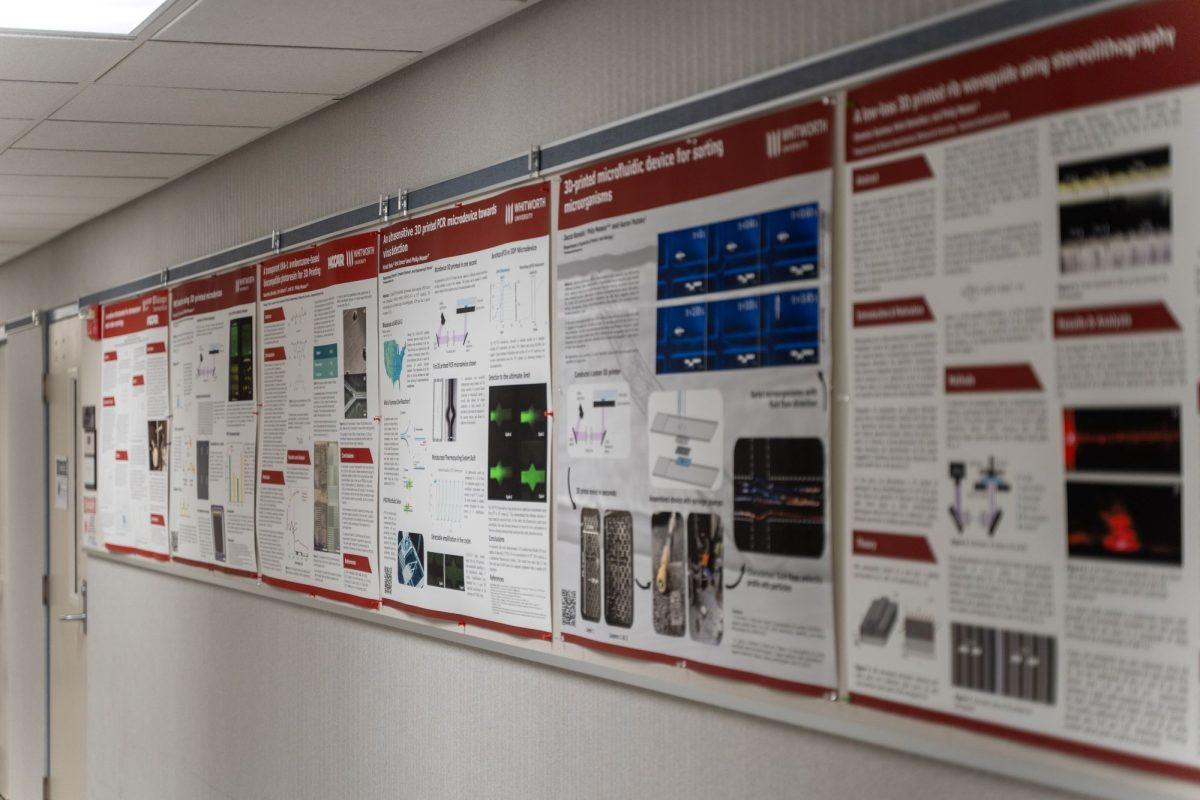
As of May, 2025, REAL IDs will now be required for international travel, along with passports, raising the question of how this implementation will affect student travel through various study abroad programs made available by Whitworth University.
The REAL ID Act passed by Congress in 2005 originally was a recommendation of the 9/11 Commission to ensure the federal government’s establishment of minimum security standards in regard to driver’s license issuance. The authentication of driver’s licenses for travel stands as a crucial portion of our national security framework, being the foremost reason why the REAL ID Act began to be drafted and will be implemented next spring.
“To clarify, visas and passports are not required for domestic travel. A REAL ID Act-compliant license is required for domestic United States air travel, while a valid passport is required for travel outside the U.S. U.S. citizens can travel to most countries without a visa for the purposes of tourism and a stay of up to 90 days,” explained Nick McKinney, associate dean of international education.
This will mainly affect the process of approval for study abroad programs beginning next spring, as by applying for 2025 programs, students will be acknowledging the REAL ID requirement for taking part.
“Students are not required to have an enhanced driver’s license or valid passport at the time of applying for a Whitworth study abroad/away program. However, once admitted to a program, students will receive information about these identity documentation requirements and must ensure they are compliant in order to travel and participate in the program,” said McKinney.
As of spring 2024, students applying and being admitted to programs that will take place throughout the coming academic year will not be affected, as implementation of the REAL ID Act will not begin until May 2025. Students seeking to participate in a domestic off-campus program during Jan Term 2026 or later will be the first cohort to be experiencing the effects of the REAL ID Act’s implementation.
The statement will most directly affect students by requiring foresight and preparation for studying abroad, but will also lend security and certainty to the experience.
“The effect of the REAL ID Act on Whitworth’s study away operations and on individual students is quite minimal. Student travelers participating in domestic U.S. off-campus programs, whether faculty-led or through a partner program, will simply need to work with their local driver’s licensing office to ensure they have the proper identification and submit a copy of that to the Whitworth Off-Campus Programs staff,” said McKinney.


















 Spokane?
Spokane?